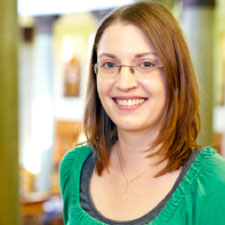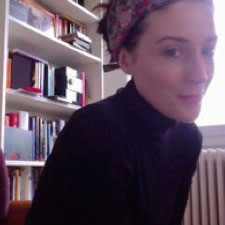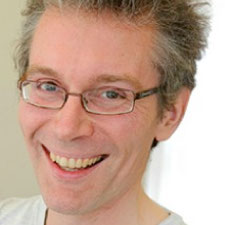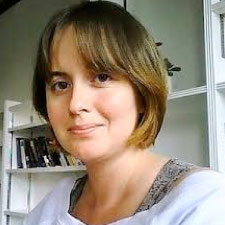Perceptual experiences are mental states associated with the senses—sight, hearing, touch, taste, and smell. Philosophers are interested in them because they raise many questions that are difficult to answer. For example, you have a visual experience when the light bounces off the banana on your kitchen table into your eyes, which then hits your retina and gets processed by your brain. But could you still have an experience that feels exactly the same if we removed the banana and the light, and just stimulated your brain directly? Most philosophers assume that we can. But this assumption leads to a puzzle: where exactly does the distinctive ‘feel’ of perceptual experiences come from? There’s rich and vivid character to seeing a yellow thing, hearing a hearty laugh, smelling freshly cut grass, and so on. But how does all that emerge from a bunch of neurons firing in your brain? It seems like all the neurons could be firing away, and nevertheless it’s all ‘dark within’.
Arguably, part of the reason that philosophical questions about perceptual experiences elude consensus is that there hasn’t been enough explicit discussion regarding how to go about answering them. Some think that we can discover the answers largely by reflecting on how they seem to us, while others are deeply sceptical about how much we can learn in this way. Some think that science has all the answers, and so questions about perceptual experience should be left to the scientists (and the scientifically informed philosophers), while others think that the hard questions about experience are hard precisely because they can’t be answered satisfactorily by running experiments in a lab. Some think that perceptual experience must somehow ultimately boil down to neurons (or something else built up out of the entities physicists postulate in their theories), while others are open to the possibility that perceptual consciousness has to be something over and above such things.
Our project, Purpose and Procedure in Philosophy of Perception, is designed to advance debates in philosophy of perception by getting philosophers to explicitly explain and defend what they are trying to do in giving their theories, and how they are going to go about doing it. Over the course of a series of workshops and an international conference, we intend to explore a wide variety of philosophical presuppositions about perceptual experience in order to achieve greater clarity about the rules of the game—which in turn promises to expedite progress in understanding perceptual experience.
Image: X-wing plans, Mike

Heather Logue
Project Leader

Keith Allen
Project Co-organiser

Clare Mac Cumhaill
Project Co-organiser

Paul Noordhof
Project Co-organiser

Louise Richardson
Project Co-organiser

Sam Wilkinson
Project Co-organiser